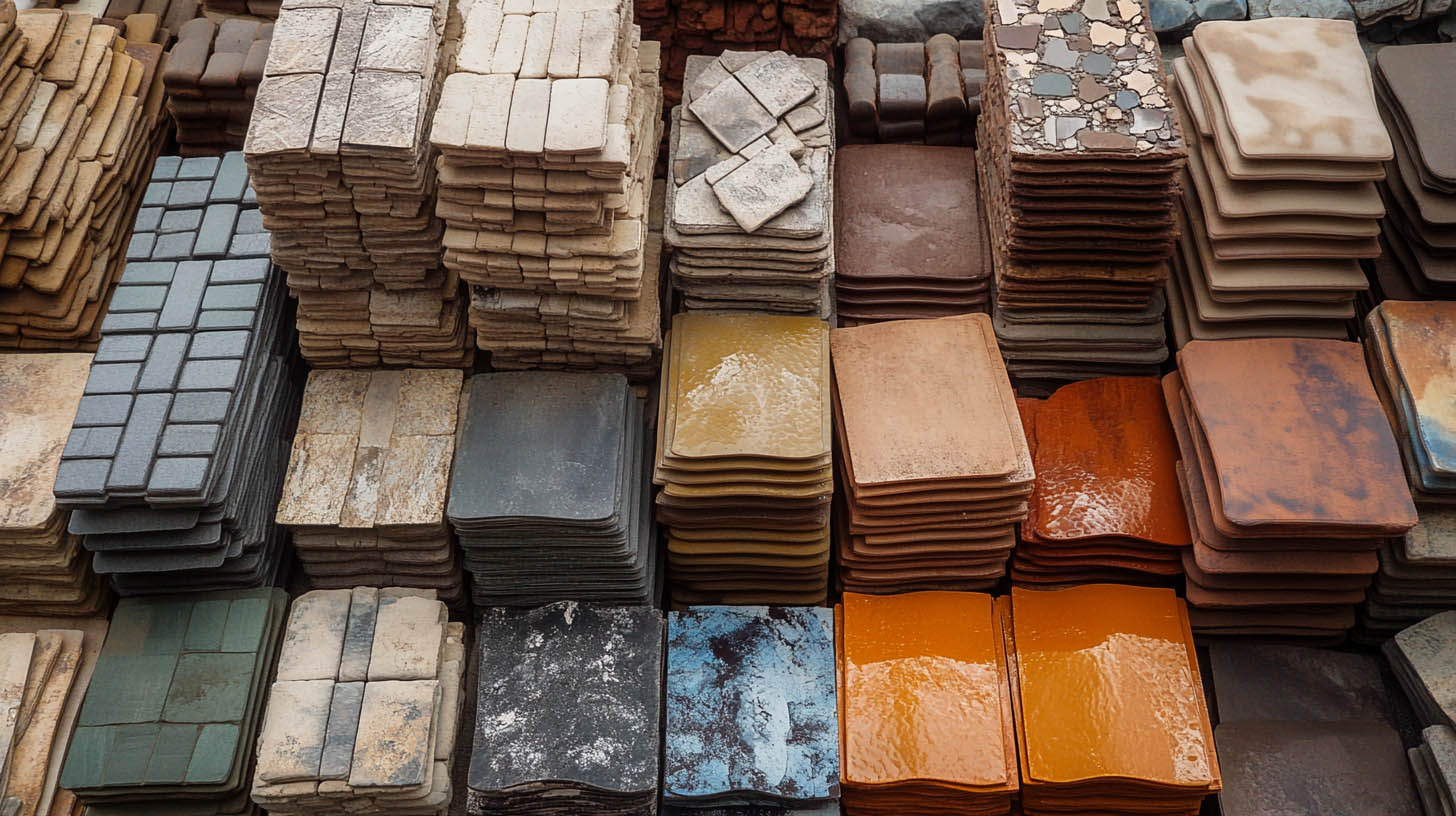
Choosing the right roof tiles is a critical decision that influences your home’s aesthetic appeal, durability, and overall value. Companies like Rainstoppers Roofing in Charleston, WV, provide expert guidance to help homeowners select the perfect roofing material for their unique needs. Here’s a comprehensive look at the most popular roof tile options available.
Types of Roof Tiles and Their Features
Clay Roof Tiles: A timeless option, clay tiles are highly durable and can withstand extreme weather conditions. Their superior insulation properties make them ideal for hot climates. While they are expensive, their longevity often justifies the cost.
Concrete Roof Tiles: More affordable than clay, concrete tiles offer versatility in style and color. These tiles mimic the look of premium materials, such as slate, and provide excellent durability with minimal maintenance.
Slate Roof Tiles: Known for elegance and durability, slate tiles can last over a century with proper care. However, their high cost and significant weight make them less common in residential roofing.
Metal Roof Tiles: Lightweight and eco-friendly, metal tiles are a modern choice for energy-efficient homes. They reflect sunlight, reducing cooling costs, and are available in various finishes and styles.
Terracotta Roof Tiles: These baked clay tiles add a Mediterranean touch to homes and perform well in warm climates. Regular maintenance is necessary to prevent cracking and fading over time.
Asphalt Shingles: The most popular and affordable roofing option in North America, asphalt shingles are easy to install, low-maintenance, and available in various styles.
Wood Shingles: For a rustic appearance, wood shingles offer charm and tradition. Materials like cedar or redwood require regular maintenance to prevent rot and decay.
Synthetic Roof Tiles: Made from plastic or rubber, synthetic tiles replicate the appearance of natural materials like slate or clay. They are lightweight, durable, and cost-effective.
Solar Roof Tiles: A sustainable option, solar tiles generate renewable energy for your home. Though expensive, they provide long-term savings on energy bills and reduce your carbon footprint.
Considerations for Selecting Roof Tiles
Durability: Materials like slate and metal offer the longest lifespans, with some lasting over 100 years.
Cost: Asphalt shingles are the most budget-friendly, while premium materials like slate or solar tiles come with higher upfront costs.
Climate Compatibility: Consider factors like temperature, rainfall, and wind exposure when choosing a roofing material.
Maintenance: Materials like wood and terracotta require more frequent upkeep, while synthetic tiles and metal are easier to maintain.
Unique Fact: Metal roof tiles are 100% recyclable, making them one of the most sustainable roofing options available today.
FAQs
1. Which roof tiles are best for energy efficiency? Solar roof tiles and metal tiles are excellent for reducing energy costs.
2. How long do roof tiles typically last? Lifespans vary; asphalt shingles last 15-30 years, while slate and metal can last 50-100 years.
3. Can roof tiles be replaced individually? Yes, most tile types can be replaced individually, which makes repairs more affordable.
4. Are synthetic tiles durable? Yes, synthetic tiles are highly durable and often require less maintenance than natural materials.
5. Is it possible to install a new roof over existing tiles? While possible, it is not recommended as it can lead to unevenness and reduced longevity.
Selecting the ideal roof tiles involves balancing aesthetics, functionality, and budget. With professional guidance from experts like Rainstoppers Roofing, homeowners can achieve a roofing solution that enhances their home’s value and durability.If you want to read a blog about top-rated roofing contractors in Ohio and what sets them apart, click here.
